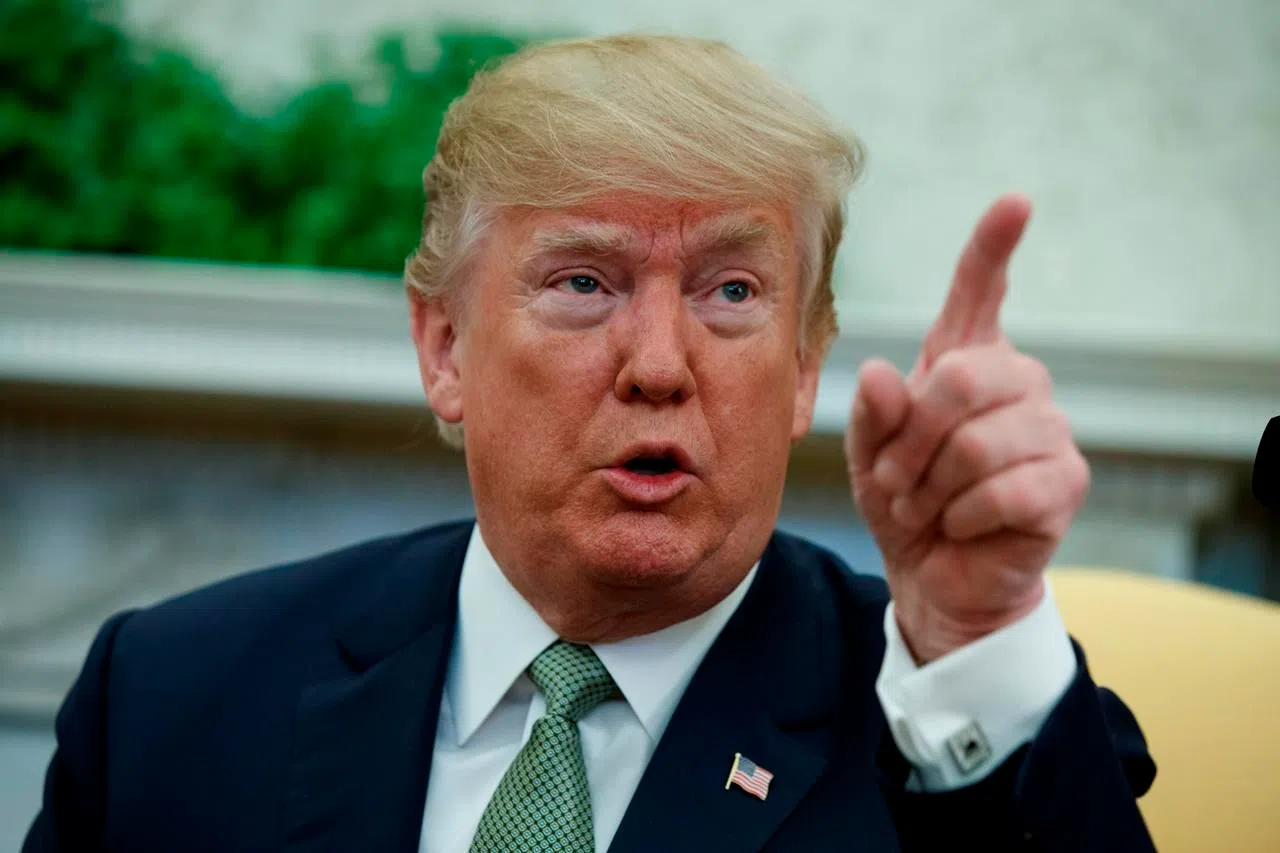
Russia: Trump wades more forcefully into feud with sanctions, support for UK
WASHINGTON — The Trump administration waded more forcefully Thursday into Russia’s dispute with the western world, imposing sanctions to punish election meddling and computer attacks on key infrastructure, and expressing solidarity with allies following a brazen chemical attack on British soil.
The U.S. froze American assets held by 19 Russians, as well as transactions with those individuals, in response to recently revealed propaganda efforts during the 2016 election, as well as cyberattacks that targeted energy, nuclear, water and aviation facilities, and other infrastructure.
Washington also brushed aside ambiguity about whether it would support the U.K.: in a joint statement with France and Germany, all four countries condemned what they called the first offensive use of a nerve agent in Europe since the Second World War.
The U.K. had thoroughly briefed its allies on known details of the attack, and the countries all share the assessment that there is no plausible alternative explanation to Russia being the culprit, Thursday’s statement declared.
